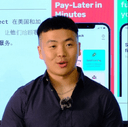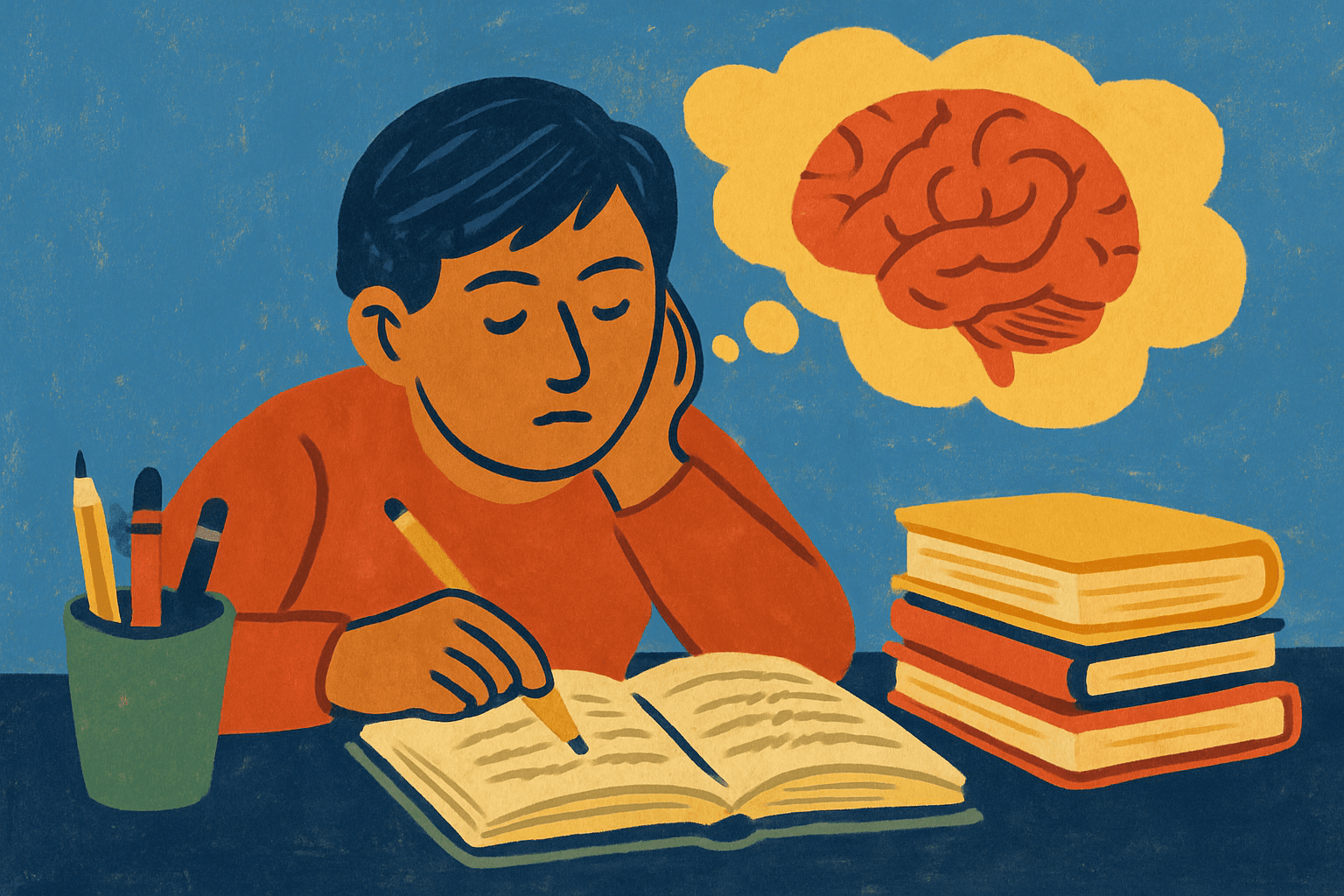Published September 19, 2025 • Based on Founder Reality Episode 19
Also available on: Apple Podcasts • Spotify • YouTube
A year ago, I ordered takeout every day, couldn't speak a word of French, and avoided the gym like the plague. Today, I cook my own meals, read French business newspapers, and work out daily. The transformation wasn't about willpower or dramatic life changes—it was about discovering a simple learning framework that works for everything.
As founders, we face new challenges constantly. Markets shift overnight, technologies emerge monthly, and customer expectations evolve rapidly. The ability to quickly acquire new skills isn't just nice to have—it's your competitive advantage in an AI-first world.
The Learning Misconception That's Holding You Back
Most of us think learning happens in distinct phases: school, then work, then maybe during career transitions when we're forced to adapt. We treat learning like a New Year's resolution—something that requires massive preparation, formal classes, and months of dedication.
This mindset is completely wrong.
Learning doesn't have to be intimidating, time-consuming, or expensive. It just has to be consistent.

My Accidental Learning Laboratory
Cooking: From Takeout Addiction to Kitchen Confidence
I lived on takeout for years—expensive, unhealthy, and time-consuming. The thought of learning to cook felt overwhelming. Cookbooks looked scary, YouTube videos made it seem complicated, and none of my friends cooked either.
So I started with meal kits like HelloFresh. Yes, they're pricier than grocery shopping, but they taught me the fundamentals without the intimidation. After a couple months of following their instructions daily, I had the confidence to drop the service and shop for my own ingredients.
The pattern: Start simple, practice consistently, build confidence gradually.
French: From Zero to Reading Business News in 4 Months
Four months ago, I couldn't speak a single French sentence. I researched formal classes near my house, convinced myself I needed French immersion, and believed it would take years to read anything useful.
Instead, I downloaded Duolingo and committed to 10-20 minutes daily. I've missed maybe 5 days in 160. Now I read French business newspapers and can understand articles with minimal dictionary use. I practice speaking with AI assistants even though my accent is terrible.
The pattern: Daily consistency beats intensity. Progress compounds faster than you think.
Fitness: From Gym Avoidance to Daily Workouts
I used to think fitness required complex meal tracking, detailed workout plans, and strict dietary restrictions. After reading "Bigger, Leaner, Stronger," I realized it could be much simpler.
I started with weekend jogs. After 300 meters, I was gasping for air. But I kept the goal simple: run 1-2 kilometers every weekend, taking breaks when needed. Now I run 5-6 kilometers with minimal breaks.
The pattern: Consistency over intensity. Gradual progression over dramatic changes.
The Universal Learning Framework
After analyzing my progress across cooking, language, and fitness, I discovered the same pattern works for everything:
- Start Ridiculously Simple
- Duolingo instead of formal French classes
- HelloFresh instead of complex recipes
- 300-meter jogs instead of 5K runs
- Remove intimidation by making the first step laughably easy
- Focus on Daily Consistency
- 10-20 minutes daily beats 2-hour weekend sessions
- Missing 5 days out of 160 is acceptable—perfection isn't required
- Build habits, not heroic efforts
- Practice Fundamentals Relentlessly
- Don't jump to advanced techniques
- Master the basics before adding complexity
- Each skill builds transferable patterns
- Connect to Your Interests
- French business vocabulary because I care about finance
- Cooking healthy meals because I want energy for work
- Learning frameworks my companies actually use
- Embrace Imperfection as Progress
- Burned pots and oversalted meals taught me cooking
- Terrible French accent doesn't stop conversations
- Failed workout days don't derail the habit

Why This Matters for Your Business
The Technical Founder's Dilemma
I'll be honest—I've been delegating most coding to my developers for years. I read code commits and review their work, but I lost touch with the actual frameworks. With AI writing code, I convinced myself I didn't need to stay technical.
This was a massive mistake.
I'm now learning Next.js and Astro using the same daily consistency approach. Here's why it matters:
Time savings: I can answer technical questions immediately instead of deferring to engineers.
Better AI collaboration: To use AI effectively, you need domain expertise to know what won't work. I brainstorm well with AI because I can reject bad ideas quickly. I can't do the same with code because I lack the knowledge.
Competitive advantage: Staying technical while running companies gives me an edge over non-technical founders competing in the same space.
The Business Impact of Learning
Physical fitness from consistent workouts gives me:
- Better decision-making under stress
- More energy for demanding founder responsibilities
- Calm thinking for long-term strategy
Language learning builds confidence that learning itself can be enjoyable, not work.
Technical skills help me spot opportunities others miss and adapt to market changes faster.
The 37x Improvement Formula
Here's the math that changed my perspective: improving 1% daily for a year equals 37x better performance (3,700%, not 365%). Most founders chase moonshots and viral moments instead of daily improvements.
The question isn't whether you need new skills—it's whether you'll be able to learn them when the time comes.
Your 10-Minute Learning Plan
Pick one skill that could improve your business or personal life. Apply this framework:
- Start with 10-20 minutes daily
- Choose the simplest possible entry point
- Focus on immediate application, not theory
- Connect it to your existing interests
- Maintain consistency over intensity
The world will look completely different in 10 years. New customer expectations, new technologies, new competitive landscapes. Your ability to quickly acquire whatever skills you need will determine both your company's survival and your personal growth.
Learning how to learn isn't just personal development—it's your most critical business strategy.
What skill are you avoiding that could transform your business? Start with 10 minutes today.

